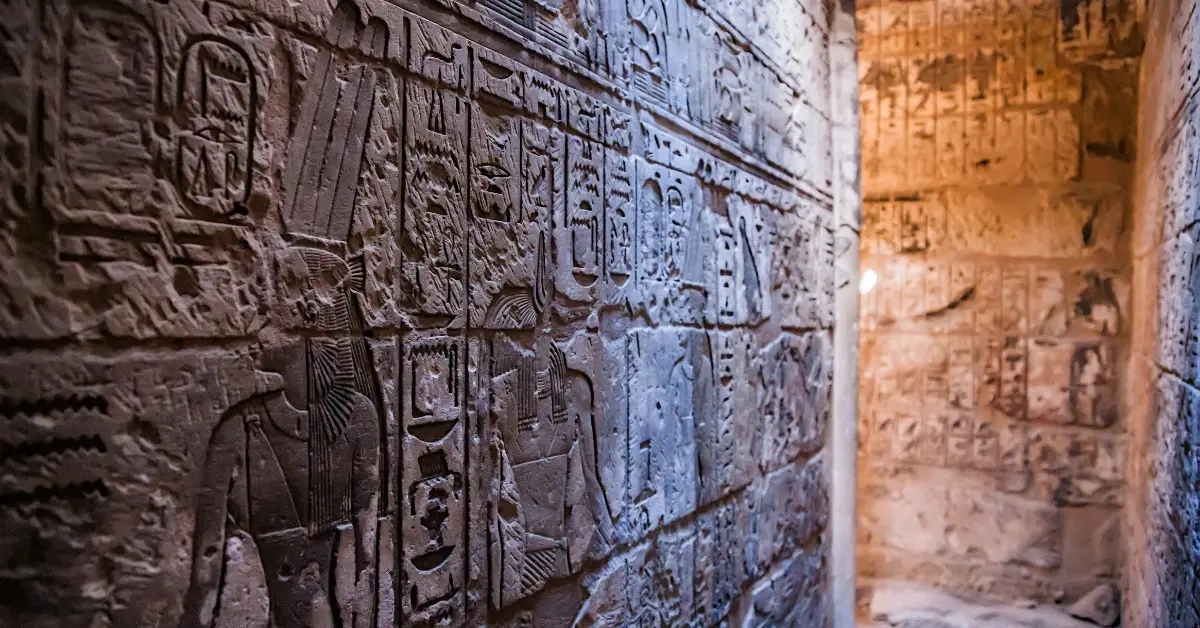Introduction
Exploring the pages of human history allows us to gain valuable insights into the lives, experiences, and values of people from long ago. In this article, we travel back to Egypt four centuries ago, a period marked by political, social, and cultural changes. We will examine the daily life, customs, and beliefs of Egyptians in the 17th century.
Egypt Under Ottoman Rule
During the 17th century, Egypt remained a province of the Ottoman Empire, which influenced the political, social, and cultural landscape. Egypt continued to be a center of culture, commerce, and learning, attracting people from across the Islamic world and beyond.
Cairo: A Bustling Capital
Cairo, the capital of Egypt, continued to thrive as an urban center under Ottoman rule. The city’s markets, mosques, and madrasas played a central role in the daily lives of its residents.
Cairo’s markets, or souks, offered a range of goods, from luxurious textiles to exotic spices and agricultural produce. These markets were also venues for social interaction, where people from diverse backgrounds gathered to exchange news and ideas.
Religious Life in 17th-century Egypt
Religion played a central role in the lives of Egyptians during the 17th century, with Islam being the dominant faith under the Ottoman Empire. Religious institutions served as centers of Islamic learning and scholarship, attracting students and scholars from across the Islamic world. Egypt was also home to significant Christian and Jewish communities, who were generally allowed to practice their faiths freely under Ottoman rule.
Family and Social Life in 17th-century Egypt
The family unit was an essential pillar of Egyptian society during the 17th century, providing support and stability. Marriage was an important institution, and families often arranged unions to strengthen alliances and reinforce social ties.
Daily life was shaped by traditional customs and Islamic teachings, with gender roles largely conforming to established norms. Men typically assumed public roles, while women were primarily responsible for childcare and household management. Women in Egypt enjoyed a comparatively higher degree of autonomy and legal rights than their counterparts in many other societies of the time.
Conclusion
Life in Egypt 400 years ago was a rich tapestry of cultural, religious, and social influences that shaped the experiences of its people. By examining the daily life, customs, and beliefs of 17th-century Egyptians, we gain invaluable insights into the resilience and adaptability of human societies, as well as the enduring values that continue to inform our contemporary world. Understanding the past not only satisfies our curiosity but also enhances our appreciation for the cultural heritage that has shaped Egypt’s identity throughout history.


